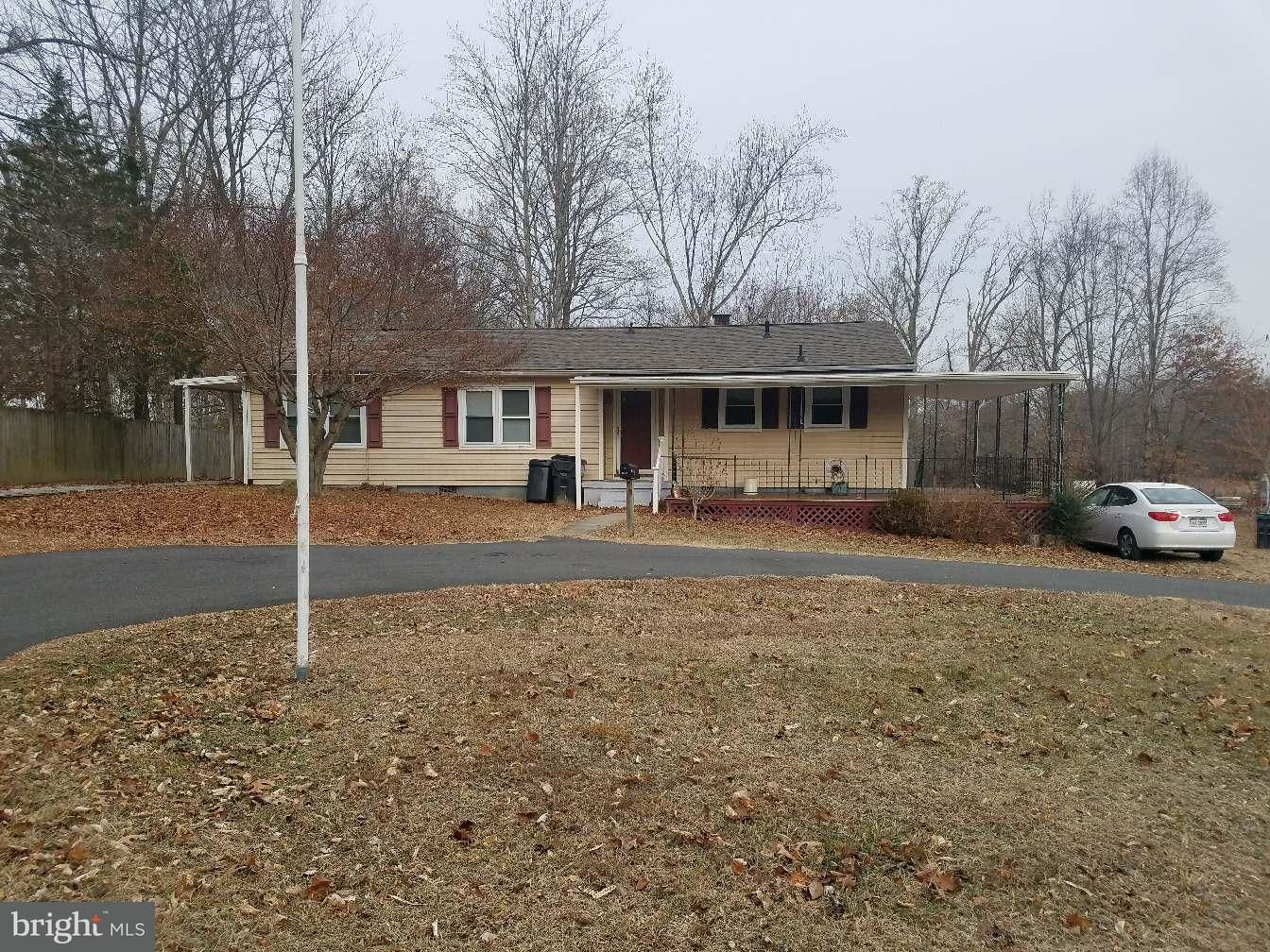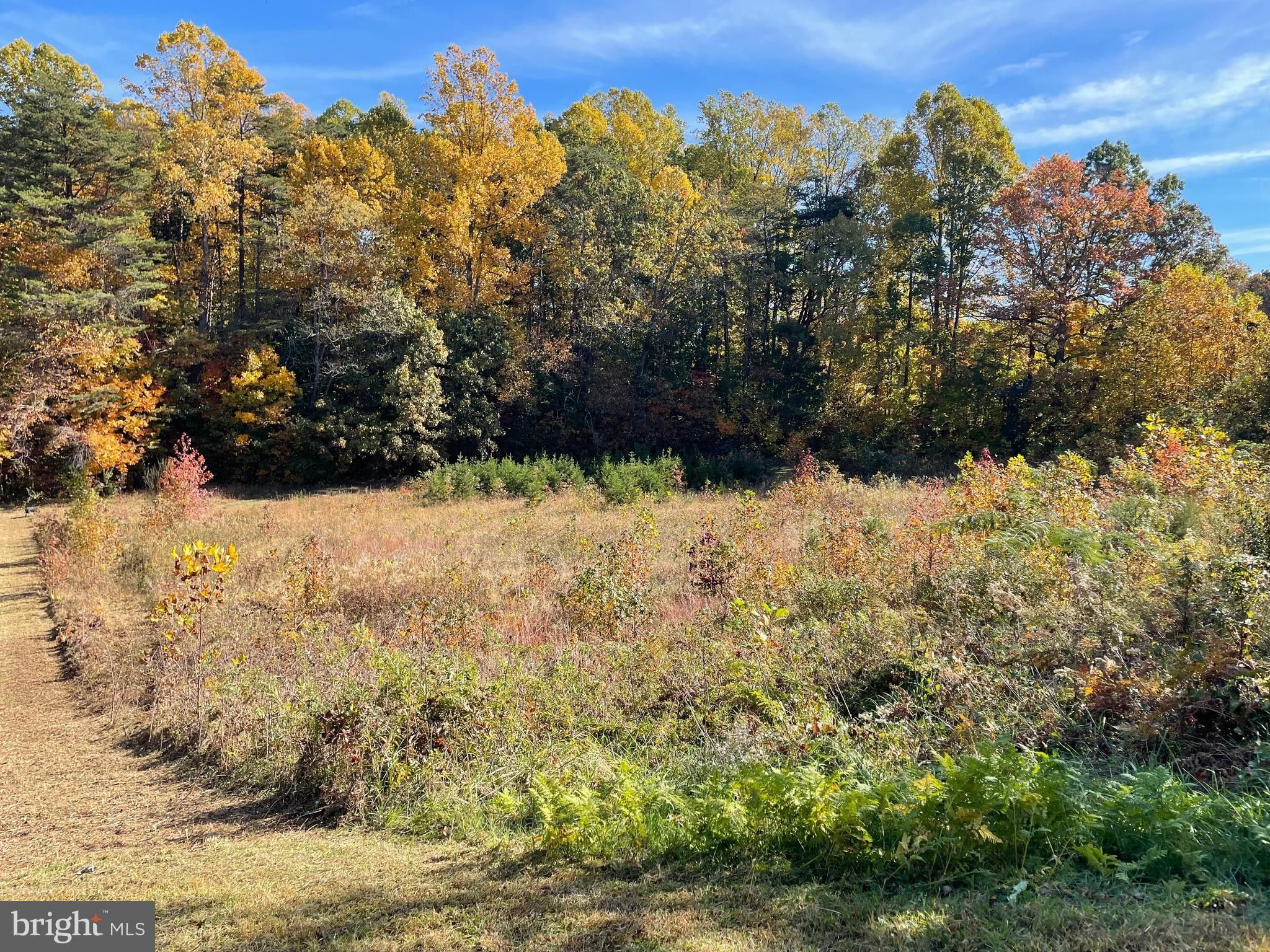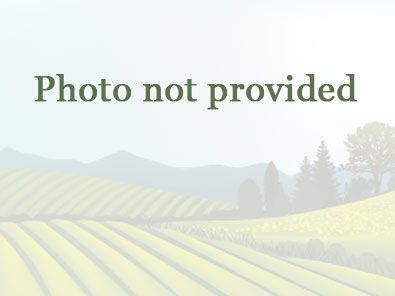Land For Sale In Stafford County Va – For buyers, the process typically starts with identifying a business that aligns with their interests, skills, and goals. As society has evolved, the scale of production has expanded, and many quality goods are now mass-produced or distributed through large retail chains. After the sale is complete, the buyer assumes responsibility for the business and takes control of its day-to-day operations. The environmental benefits of buying second-hand goods go beyond just reducing the need for new production. Whether it’s a high-end designer handbag, a gently used sofa, or a vintage record player, the price difference between a new and a second-hand item can be significant. The focus on longevity and reliability is what sets these goods apart from their mass-market counterparts. Online marketplaces have opened up opportunities for people to buy and sell goods from the comfort of their own homes. They can assist in determining the right price for the business, marketing it to potential buyers, and managing the negotiation process. In a world that often prioritizes convenience
The notion of a business for sale is one that captures the imagination of many. Selling such an item can be a difficult decision, yet it often represents the practical need to downsize or make space for something new. The market for second-hand goods is also influenced by societal trends and economic conditions. Due diligence is a crucial part of the process, where the buyer investigates the business thoroughly to ensure that there are no hidden liabilities, potential risks, or operational inefficiencies. The first and most obvious reason is the tangible benefits they offer. They also often help with legal and financial aspects, ensuring that the transaction is completed smoothly and efficiently. Vintage items, antiques, and pre-loved goods often carry stories and histories that new products simply cannot replicate. The advent of these online platforms means that consumers can hunt for items they might have otherwise overlooked or been unaware of, sometimes at a fraction of the original cost. Technological advancements and shifts in consumer behavior can also impact the types of businesses that buyers are interested in. Brokers are well-versed in valuation, marketing, negotiation, and closing procedures, which makes them invaluable assets in the business-for-sale process. It’s a constant negotiation, where both parties seek to align their perceptions of worth and reach an agreement that satisfies both sides. Thrift stores often carry a wide variety of goods, from clothing and accessories to furniture, books, and electronics, and each item comes with its own story.

Stafford, Stafford County, VA Undeveloped Land, Lakefront Property
3d toursview local noise levelsview property flood risksneighborhood info

Stafford, VA Land for Sale 102 Properties LandSearch
3d toursview local noise levelsview property flood risksneighborhood info

Stafford, Stafford County, VA House for sale Property ID 408991014
3d toursview local noise levelsview property flood risksneighborhood info

Fredericksburg, Stafford County, VA Lakefront Property, Waterfront
3d toursview local noise levelsview property flood risksneighborhood info

3 acres in Stafford County, Virginia
3d toursview local noise levelsview property flood risksneighborhood info

Fredericksburg, Stafford County, VA Lakefront Property, Waterfront
3d toursview local noise levelsview property flood risksneighborhood info

Stafford, Stafford County, VA House for sale Property ID 413933423
3d toursview local noise levelsview property flood risksneighborhood info

Stafford, Stafford County, VA Undeveloped Land, Homesites for sale
3d toursview local noise levelsview property flood risksneighborhood info

66 acres in Stafford County, Virginia
3d toursview local noise levelsview property flood risksneighborhood info

2 Acres of Land for Sale in Stafford, Virginia LandSearch
3d toursview local noise levelsview property flood risksneighborhood info
It’s easy to understand why people seek out quality goods for sale. The very notion that everything can be bought and sold creates a society where inequality is not just accepted, but ingrained in the very structure of the economy. Once an agreement is reached, the final step is the legal transfer of ownership. Whether through their durability, aesthetic appeal, or the values they embody, these products go beyond simple transactions. A piece of furniture, for instance, may hold sentimental value simply because it’s been in the family for generations. While the sale of a business can provide a valuable opportunity for both parties involved, it also carries risks. Some businesses are sold because the owner is ready to retire, while others might be sold due to financial difficulties or changes in the owner’s personal or professional life. There are communities that exist outside the realm of traditional commerce, where sharing, collaboration, and mutual support take precedence over profit. The market for second-hand goods is also influenced by societal trends and economic conditions. Legal experts are often involved at this stage to ensure that the transaction is conducted in compliance with all relevant laws and regulations. For the seller, the goal is often to maximize the value of the business, while for the buyer, the focus is on ensuring that the investment is sound and that the business can continue to thrive under new ownership. The sale process itself can be lengthy and involves multiple stages. The advent of these online platforms means that consumers can hunt for items they might have otherwise overlooked or been unaware of, sometimes at a fraction of the original cost. Art, music, literature — these expressions of human creativity and emotion are not always bound by the rules of commerce. For those looking to sell, the online marketplace offers the chance to reach a larger audience, increasing the chances of finding the right buyer. For many people, there is something uniquely satisfying about sifting through racks of clothes, rummaging through bins of books, or browsing shelves of home goods in search of that perfect item. In the end, the phrase “for sale” is about more than just the exchange of money for goods or services. It’s a world where even personal growth, self-actualization, and emotional healing are framed as commodities, available for purchase at any time, but only if you’re willing to pay the price. Whether it's old furniture that no longer fits with their style, clothing that no longer fits, or electronics they no longer use, selling second-hand items allows individuals to recoup some of the money they spent on these goods. The process of selling it can be seen as a form of letting go, a recognition that the future may look different from the past, but that doesn’t diminish its importance or value.
In some cases, the sale of an item can mark a pivotal moment in someone’s life. There is also a growing trend of upcycling and repurposing second-hand goods, where items that may no longer serve their original purpose are transformed into something new and useful. Many online platforms also allow buyers and sellers to leave feedback and reviews, helping to build trust and credibility in the transaction. The idea of being “for sale” also touches on larger cultural and societal themes. For sellers, the market for second-hand goods offers an opportunity to declutter their homes and make some extra money. In some cases, selling second-hand items can be a way to make a significant profit, especially if the items are rare, vintage, or in high demand. For the buyer, there is the risk of inheriting a business with hidden problems or liabilities that were not disclosed during the due diligence process. Manufacturing new items requires energy, raw materials, and natural resources, all of which contribute to environmental degradation. They are intended to last for a limited amount of time, after which they become outdated, broken, or no longer functional. Buyers can often filter search results by price, condition, and location, making it easier to find the best deals. A business for sale is not always as it appears on the surface, and the buyer must examine the company’s financial statements, contracts, debts, and even its customer relationships before deciding whether to proceed with the transaction. Our emotional lives, our personal narratives, and even our deepest fears have been monetized. The appeal of finding a hidden gem, something that has been cherished by someone else and is now available for a new owner, is a part of the allure of second-hand goods. In the end, the real challenge is to navigate this world — to understand the forces of commerce that shape our lives, while holding onto those things that remain beyond the reach of money. Whether buying vintage clothing, upcycled furniture, or pre-owned electronics, the growing popularity of second-hand shopping reflects a broader desire for more sustainable, creative, and conscious ways of living. A car is something that can hold a great deal of sentimental value. The internet, for example, has created a space where anyone can buy or sell almost anything, from physical products to intangible services. Selling such an item can be a difficult decision, yet it often represents the practical need to downsize or make space for something new. Just as with material possessions, when a person is “for sale,” they put their value on display for others to assess. From online platforms to local thrift stores, second-hand goods offer an opportunity for consumers to access unique products, save money, and reduce their environmental footprint.